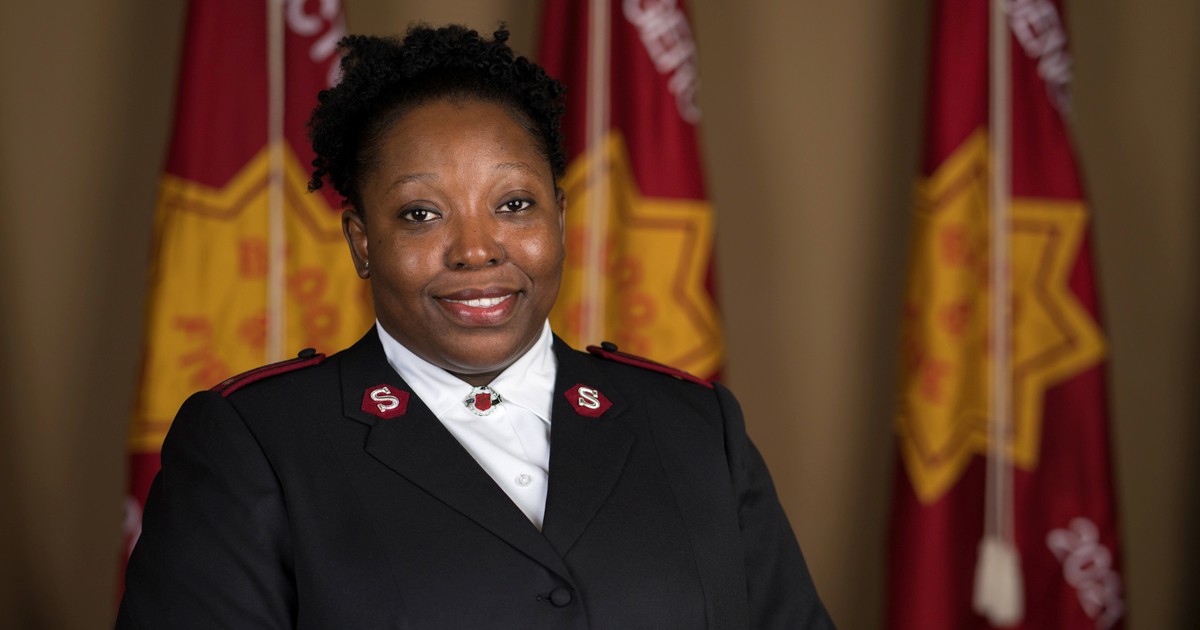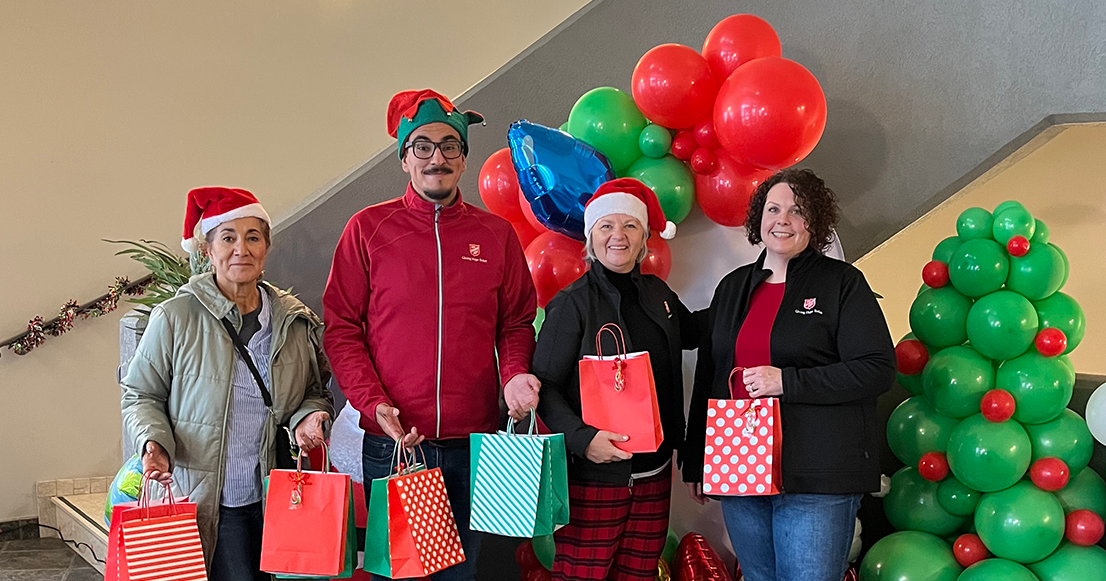As I slowly journeyed through the visual and auditory history of the Holocaust, I was changed forever. The Yad Vashem, located in Jerusalem, is a memorial to the millions of people who were exterminated under the Nazi regime in concentration camps. Although I have heard stories, seen movies, even talked with survivors of the concentration camps, I was profoundly impacted in a different way at the Yad Vashem.
Very often we hear people ask, “How could this have been allowed to happen?” As I read the story recorded in the Vad Yashem, I began to see how the perceptions and prejudices of people led to the policies that permitted such a horrific tragedy to occur. And the sad part was that this anti-Semitic attitude was evident in the Church amongst Christians. The Church permitted, and in some cases, propagated, this prejudicial attitude toward Jewish people. This then led to specific practices of segregation and isolation. To enforce these practices, policies were formulated to solidify and further anti-Semitism. When the extermination of Jewish people became evident to all, the inaction and silence of the Church (they specifically mention an appeal made to the Pope) remained consistent.
As I continued this journey through a dark valley, I saw reference to a 'White Paper' which stopped me in my tracks. In our Aboriginal history in Canada, there is also the infamous 'White Paper' which came 30 years after the Holocaust 'White Paper.' Although there are great differences in our experience, there were some disquieting similarities between the experience of the Jewish people and our own Aboriginal history in Canada.
As I reflected on this experience of the Yad Vashem, I reflected on the lessons we have learned from history. I wondered how some of our current societal attitudes will impact our future experiences. I wondered if the Church's silence in some matters still allows evil to reign over certain parts of our society. Injustice still occurs in our world but we think it is easier to remain ignorant or indifferent or silent. I thought about all these things and I wondered, “What difference could I, one person, make?” Then I thought about Oscar Schindler and the difference he made.
As I left the Yad Vashem, I walked through the “Garden of the Righteous” where Oscar Schindler's name was on a plaque. There were other plaques there to commemorate those who dared to make a difference. Their names continue to live on as a living reminder that one person can make a difference.
 Captain Shari Russell and her husband, Robert, are the corps officers at Weetamah in Winnipeg, Manitoba. Shari also serves as the Territorial Aboriginal Ministries Liaison. Shari and Robert originally met in Winnipeg and were married there, so it is a joy for them to be back. They have three boys: CJ, Gavin and Brannon. As a family, they enjoy travelling, camping, playing sports and music.
Captain Shari Russell and her husband, Robert, are the corps officers at Weetamah in Winnipeg, Manitoba. Shari also serves as the Territorial Aboriginal Ministries Liaison. Shari and Robert originally met in Winnipeg and were married there, so it is a joy for them to be back. They have three boys: CJ, Gavin and Brannon. As a family, they enjoy travelling, camping, playing sports and music.
Very often we hear people ask, “How could this have been allowed to happen?” As I read the story recorded in the Vad Yashem, I began to see how the perceptions and prejudices of people led to the policies that permitted such a horrific tragedy to occur. And the sad part was that this anti-Semitic attitude was evident in the Church amongst Christians. The Church permitted, and in some cases, propagated, this prejudicial attitude toward Jewish people. This then led to specific practices of segregation and isolation. To enforce these practices, policies were formulated to solidify and further anti-Semitism. When the extermination of Jewish people became evident to all, the inaction and silence of the Church (they specifically mention an appeal made to the Pope) remained consistent.
As I continued this journey through a dark valley, I saw reference to a 'White Paper' which stopped me in my tracks. In our Aboriginal history in Canada, there is also the infamous 'White Paper' which came 30 years after the Holocaust 'White Paper.' Although there are great differences in our experience, there were some disquieting similarities between the experience of the Jewish people and our own Aboriginal history in Canada.
As I reflected on this experience of the Yad Vashem, I reflected on the lessons we have learned from history. I wondered how some of our current societal attitudes will impact our future experiences. I wondered if the Church's silence in some matters still allows evil to reign over certain parts of our society. Injustice still occurs in our world but we think it is easier to remain ignorant or indifferent or silent. I thought about all these things and I wondered, “What difference could I, one person, make?” Then I thought about Oscar Schindler and the difference he made.
As I left the Yad Vashem, I walked through the “Garden of the Righteous” where Oscar Schindler's name was on a plaque. There were other plaques there to commemorate those who dared to make a difference. Their names continue to live on as a living reminder that one person can make a difference.
 Captain Shari Russell and her husband, Robert, are the corps officers at Weetamah in Winnipeg, Manitoba. Shari also serves as the Territorial Aboriginal Ministries Liaison. Shari and Robert originally met in Winnipeg and were married there, so it is a joy for them to be back. They have three boys: CJ, Gavin and Brannon. As a family, they enjoy travelling, camping, playing sports and music.
Captain Shari Russell and her husband, Robert, are the corps officers at Weetamah in Winnipeg, Manitoba. Shari also serves as the Territorial Aboriginal Ministries Liaison. Shari and Robert originally met in Winnipeg and were married there, so it is a joy for them to be back. They have three boys: CJ, Gavin and Brannon. As a family, they enjoy travelling, camping, playing sports and music.









Comment
On Sunday, January 25, 2009, Rochelle McAlister said:
Leave a Comment